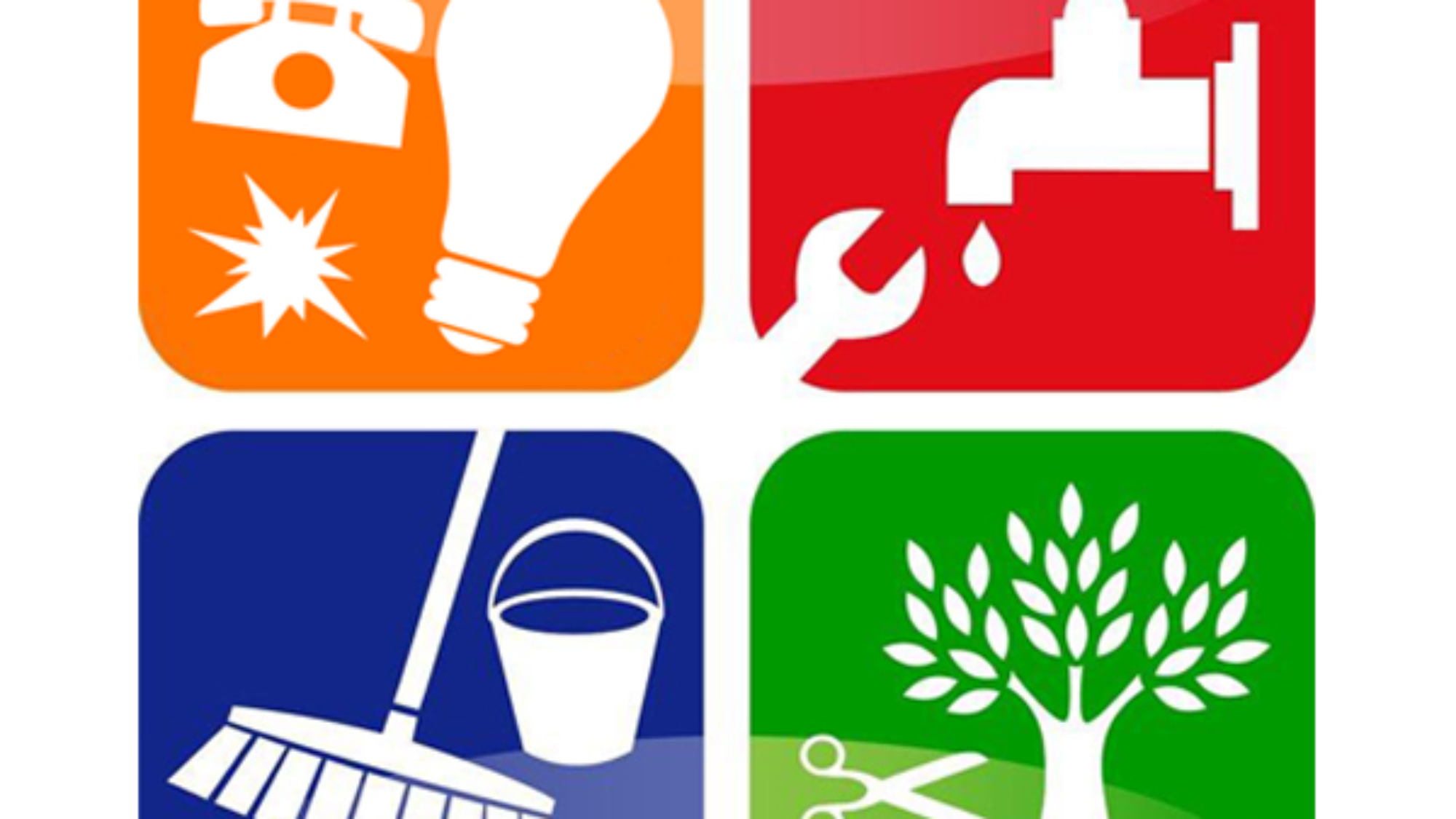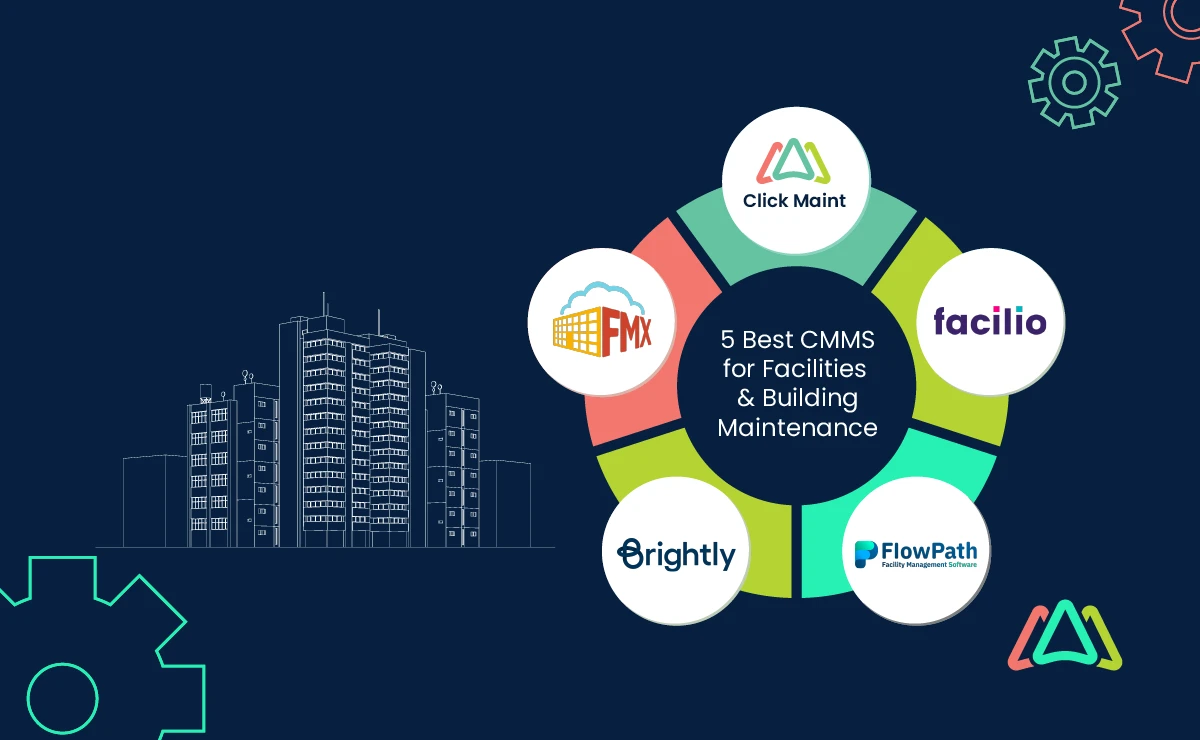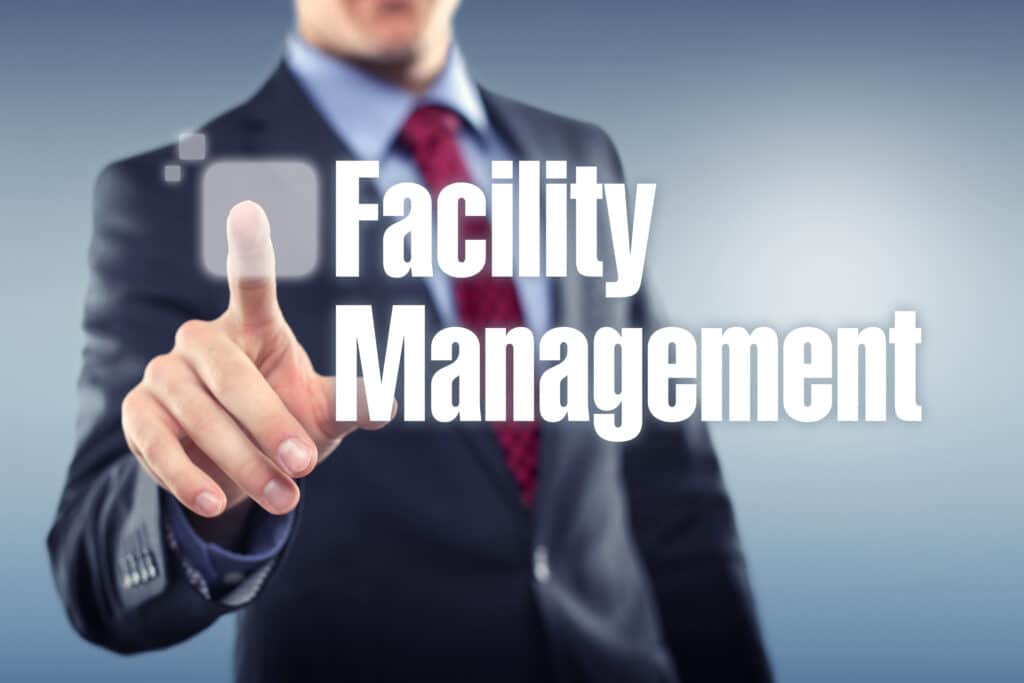Why Total Facility Management Is Crucial for Company Success
Total Facility Management (TFM) offers as a foundation for business success by integrating varied functional elements such as maintenance, room application, and safety steps. As businesses navigate a competitive landscape, recognizing the complex advantages of TFM can be crucial in driving cost effectiveness and enhancing worker efficiency.
Understanding Total Facility Management
Total Facility Management (TFM) encompasses an extensive method to handling an organization's structures and associated services to guarantee optimal functionality, safety, and efficiency. TFM integrates various disciplines, consisting of upkeep, procedures, space management, and safety protocols, to develop a natural structure that supports an organization's core objectives.
At its core, TFM aims to improve the processes involved in facility management, enhancing and lowering redundancies solution shipment. This method involves the control of tasks connected to property management, such as repair services, cleaning, and energy management, to foster a productive environment for stakeholders and staff members alike. TFM likewise emphasizes the relevance of carrying out finest practices and cutting-edge innovations to boost solution high quality and reduce functional costs.
By lining up facility management tasks with organizational goals, TFM improves total performance while making sure conformity with health, security, and ecological regulations. Therefore, TFM offers not just as a logistical function however additionally as a strategic possession, adding to a company's lasting sustainability and growth.
Secret Advantages of TFM
Leveraging an extensive technique, companies that apply Total Facility Management (TFM) unlock a myriad of benefits that add to general service success. One of the key benefits of TFM is the improvement of functional efficiency. By consolidating facility services under a unified management structure, organizations can streamline procedures, minimize redundancies, and boost interaction throughout divisions.
In addition, TFM advertises an aggressive upkeep approach, which decreases downtime and expands the life expectancy of facilitiess and equipment (Total Facility Management). This proactive method not only enhances productivity but additionally cultivates a more secure working setting, inevitably bring about greater worker complete satisfaction and retention rates
Additionally, TFM assists in better resource appropriation by providing insights into facility performance metrics. Organizations can recognize locations for renovation, permitting them to make enlightened decisions that line up with their critical objectives.
TFM and Price Efficiency
Accomplishing expense effectiveness is a basic goal for organizations, and Total Facility Management (TFM) plays a crucial function in this endeavor - Total Facility Management. By incorporating different facility solutions under a solitary management structure, TFM allows companies to simplify operations and decrease redundancies. This alternative method results in considerable cost savings, as it removes the demand for multiple suppliers and streamlines purchase procedures
Furthermore, TFM promotes aggressive maintenance methods, which lessen the threat of costly repair work and downtime. By focusing on precautionary measures, organizations can prolong the life expectancy of their properties and decrease unanticipated expenditures. In addition, TFM incorporates power management methods, which can substantially cut energy costs with reliable source use.
The centralization of information and analytics within TFM allows companies to make educated economic decisions. By determining fads and areas for improvement, TFM allows customized strategies that additionally enhance expense management. Furthermore, the scalability of TFM options makes certain that as organizations grow, their facility management methods continue pop over to this site to be efficient and aligned with financial objectives.
Enhancing Employee Productivity
A well-managed facility can substantially improve staff member performance by creating a conducive workplace. Effective Total Facility Management (TFM) ensures that all aspects of the workplace-- from lighting and temperature level to cleanliness and safety-- Continue are maximized. When staff members run in a room that is comfy and well-maintained, they are extra likely to focus on their tasks, causing greater result and work complete satisfaction.
Furthermore, TFM can boost partnership with the calculated style of communal areas, encouraging synergy and technology. By purchasing the right sources and modern technology, organizations can help with smooth interaction and streamline workflows, better enhancing efficiency. Routine upkeep and timely feedbacks to facility concerns prevent disruptions that might otherwise hinder efficiency.
Additionally, a healthy and balanced and secure workplace, supported by TFM methods, reduces absence and advertises health, directly correlating with boosted performance degrees. Eventually, prioritizing facility management is a financial investment not just in physical possessions yet also in the labor force itself. By fostering a setting that supports worker needs and choices, businesses can grow a more involved and reliable labor force, driving overall success and competitive benefit.

Future Trends in TFM
Welcoming technological developments is set to improve the landscape of Total Facility Management (TFM) in the coming years. As the need for performance and sustainability rises, TFM will increasingly adopt smart building innovations, integrating Web of Things (IoT) gadgets to keep an eye on and handle facility operations in real-time. This shift will enable proactive maintenance, considerably decreasing operational costs and enhancing service delivery.

Sustainability stays a crucial emphasis, with TFM professionals anticipated to prioritize environment-friendly practices. This includes using renewable energy resources and optimizing article source waste management systems to minimize the carbon impact of facilitiess.
Remote management capabilities will likewise be broadened, permitting facility supervisors to oversee operations from practically anywhere. This versatility will certainly end up being essential as organizations adapt to hybrid work models. In summary, the future of TFM is poised for transformation through innovation, sustainability, and improved operational techniques, making sure services stay competitive in an advancing landscape.
Final Thought
By integrating numerous operational functions, TFM improves efficiency and straightens facility management with organizational purposes. As companies progressively adopt cutting-edge innovations and lasting methods, the relevance of TFM will proceed to grow, making sure long-term functional effectiveness and competition in a developing industry.
